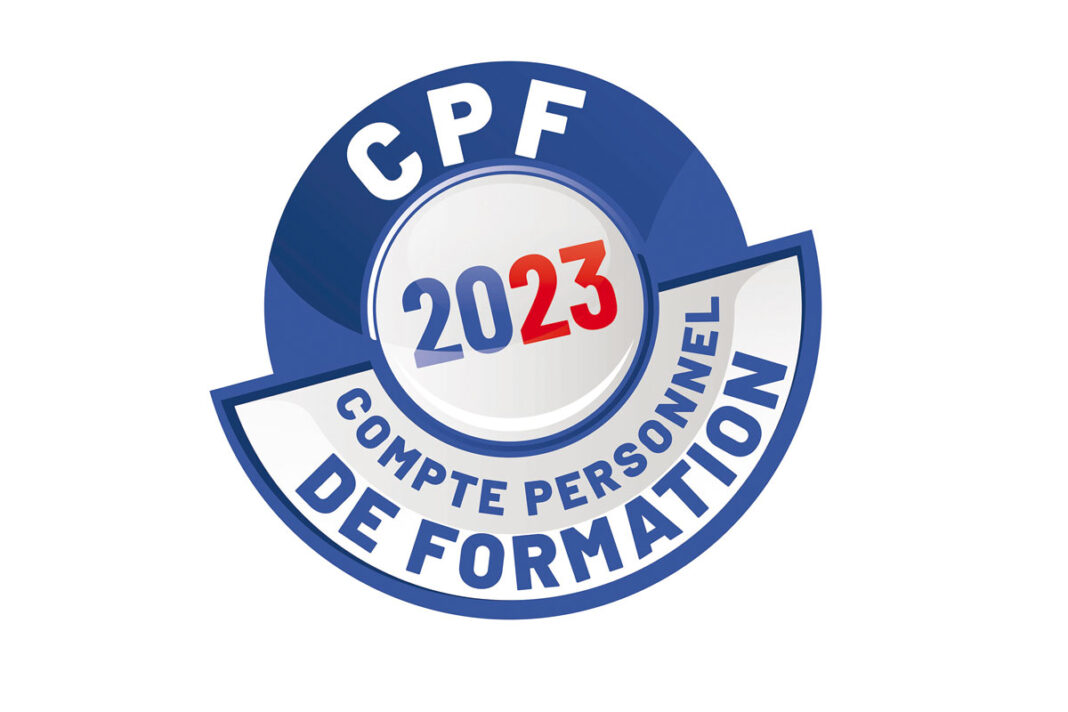Upon entering the job market, each employee benefits from a personal training account allowing them to acquire training rights and thus be able to train regularly, throughout his professional career. Absolute Human Resources working group lays out the rules.
Formerly DIF (individual training right), personal training account (CPF) is a system allowing everyone to follow qualifying or certification training. It is open to anyone aged at least 16 upon entering working life.. It is therefore aimed at both employees and job seekers., to public officials or self-employed workers. The use of the CPF is solely the initiative of the beneficiary. It can be used until retirement, including during periods of unemployment. How to use the CPF ? Each beneficiary can consult their training account and make training requests via the Internet on the “My training account” teleservice or by downloading the “My training account” mobile application.. If the training takes place during working time, the employee must request authorization from their employer at least 60 calendar days before the start of the training if it lasts less than six months, 120 calendar days before the start of the training if it lasts more than six months. The employer has 30 calendar days to respond to the employee. The absence of a response constitutes acceptance of the training.
The scope of the training
The training the employee wishes to benefit from must contain at least one of the following objectives. Acquisition of a base of knowledge and skills. Acquisition of a qualification : diploma, professional title, skills assessment. Skills assessment. Support for validation of acquired experience (FEET). Creation or takeover of a business : the training will aim to acquire skills linked to the management of the company and not to the exercise of a profession. Acquisition of skills for carrying out volunteering or civic service missions. Financing of the B license or the heavy goods vehicle license or the public transport license.
How is the CPF fed? ?
The personal training account is automatically funded each year in June following the year worked. for example : the rights for the year 2023 will be available in June 2024. For self-employed workers, employees who work at least part-time, the account will be funded up to 500 euros per year of work without being able to exceed 5,000 euros maximum. If an employee has worked less than half-time, the account will be funded proportionally to the time worked. The account will be funded up to 800 euros instead of 500 euros per year of work without being able to exceed 8,000 euros for the following people :
• workers recognized as disabled ;
• AAH beneficiaries (disabled adult allowance) ;
• beneficiaries of a disability pension ;
• unskilled employees (not having a qualification leading to a CAP or BEP, level 3 professional title or a certification recognized by a national collective agreement) ;
• employees who are victims of a work accident or occupational illness resulting in permanent disability of at least 10% ;
• beneficiaries of a military pension ;
• beneficiaries of the inclusion mobility card.
Employer contribution and employee remuneration
The employer can choose to pay money into an employee's personal training account in the following cases. If an agreement provides for it (collective company agreement, group or by a branch agreement). If an employee does not have enough rights to follow training, he can ask his employer. If an employee is dismissed following a refusal to modify his employment contract resulting from a collective performance agreement, he will benefit from a minimum contribution of 3,000 euros. If an employee is a whistleblower and a sanction has been pronounced by the industrial tribunal against the employer, he will benefit from a contribution, the amount of which will be set by the industrial tribunal. As for the employee's remuneration, if the training is carried out during working time, training hours constitute effective working time, the salary is therefore maintained by the employer. On the other hand, if the training is carried out in free time, training hours do not give rise to any remuneration.
The employee contributes to the cost of the training
The finance law for 2023 provides that the employee must contribute to the cost of training, of the VAE or skills assessment carried out within the framework of the CPF. If the employer covers part of the cost of the training, the employee will not have to participate financially. A decree is pending on this subject, the publication date is not yet known.












